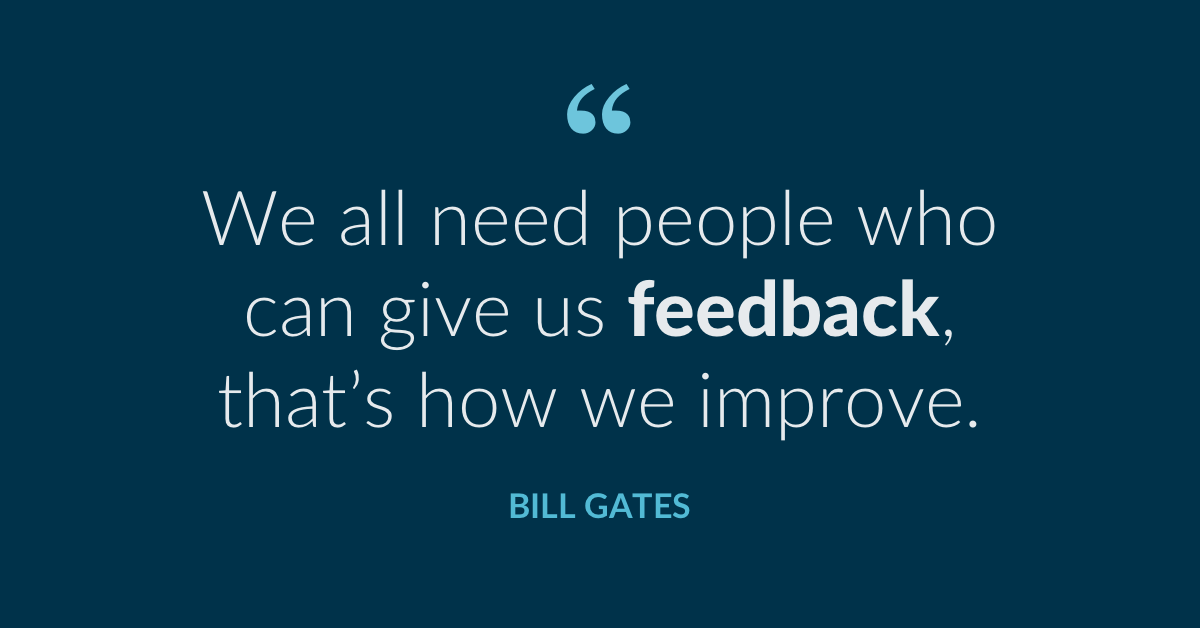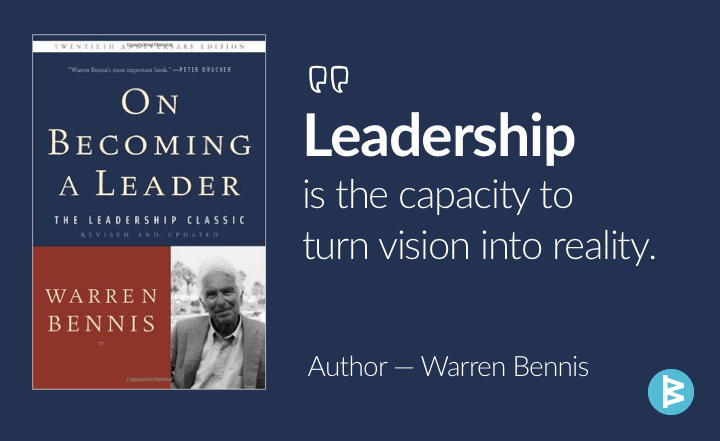
Over 70% of employees think their performance would improve with more feedback and the vast majority say that recognition is more rewarding than cash. This presents a tremendous opportunity for both managers and team members. While feedback on what we do well is gratifying, feedback on what we can do better helps us improve — it’s an essential ingredient in career growth. As Ken Blanchard so aptly said, “feedback is the breakfast of champions!”

Unfortunately most employees say they don’t get enough feedback. This is in part because giving and getting feedback can be emotionally charged which inhibits giving it and may reduce our ability to put feedback we receive into practice. By viewing feedback as learning and leading opportunities and being fearless about it, we maximize career and team velocity.
Try these three practices for fearless feedback:
1. Managers: Get Over It
If you lead a team, regular feedback is a part of the job; giving no feedback is far worse than critical feedback. Unfortunately 50% of managers fail to drive accountability and give constructive feedback for fear of being the “bad guy.” Instead put your team member’s success in front of the need to be liked — 57% of employees prefer corrective feedback. They want to know how they can improve and where they’re not meeting your expectations or their potential. It’s a disservice to withhold that information, particularly when it informs your view of their performance.
2. Team Members: Make the Most of It
Getting good feedback is easy, but getting constructive feedback is golden! It’s a growth opportunity not an indictment, so focus on applying it rather than dissecting history. At a minimum, you’ve just learned what your manager (or customer) thinks — that’s invaluable! Distinguish the real message from the messenger or the messenger’s style; getting bogged down on how the message was delivered robs us of its benefit. And rather than refute the feedback, listen and look at it clinically for what can be learned. While it may not be completely accurate, harvest the wheat from the chaff to advance your skills and effectiveness.
3. Make Feedback Effective
We don’t all need or want the same feedback — career stage, personality, skill levels, circumstances and age all affect the types of feedback we want and need. To make feedback most effective for the whole team, take these steps:
- Have a conversation on how to make feedback most effective for each person on the team. While 70% of young employees’ learning happens on the job, they benefit most from strengths-based feedback; tell them what they’re doing right as they experiment without experience. Older employees tend to want 50% more feedback than their younger counterparts and prefer more candid, constructive feedback on their growth opportunities.
- Forget the “feedback sandwich.” Wrapping negative feedback in positive feedback undermines trust and the value of the positive feedback. Focus on the business outcomes and changes needed and tailor delivery to the individual.
- Do make time for positive feedback. We’re all human; we operate at our best when we feel valued and our talents welcomed on the team. A five-to-one mix of positive feedback to negative is most effective.
- During feedback conversations, create space for both manager and team member to listen. The manager may not have all the facts and the team member may have insight on where the manager can help.
- Gather feedback on how you give or get feedback. Feedback on feedback provides great data on how you can maximize your learning and leading opportunities, and the practice strips away emotions that inhibit performance candor.
When feedback is an ongoing conversation rather than a rare or dramatic episode, team performance and culture improve. We like “Feedback Fridays” as a way of institutionalizing peer feedback, putting a positive wrap on the week and making feedback our norm.
Need to institutionalize feedback and increase your team's velocity?
Try WorkBoard — a fun and more effective way to trigger and give frequent feedback. You'll have feedback aligned with team goals, priorities, work and progress for a context-rich conversation. It even gives managers feedback when they set clear objectives and give regular feedback!














